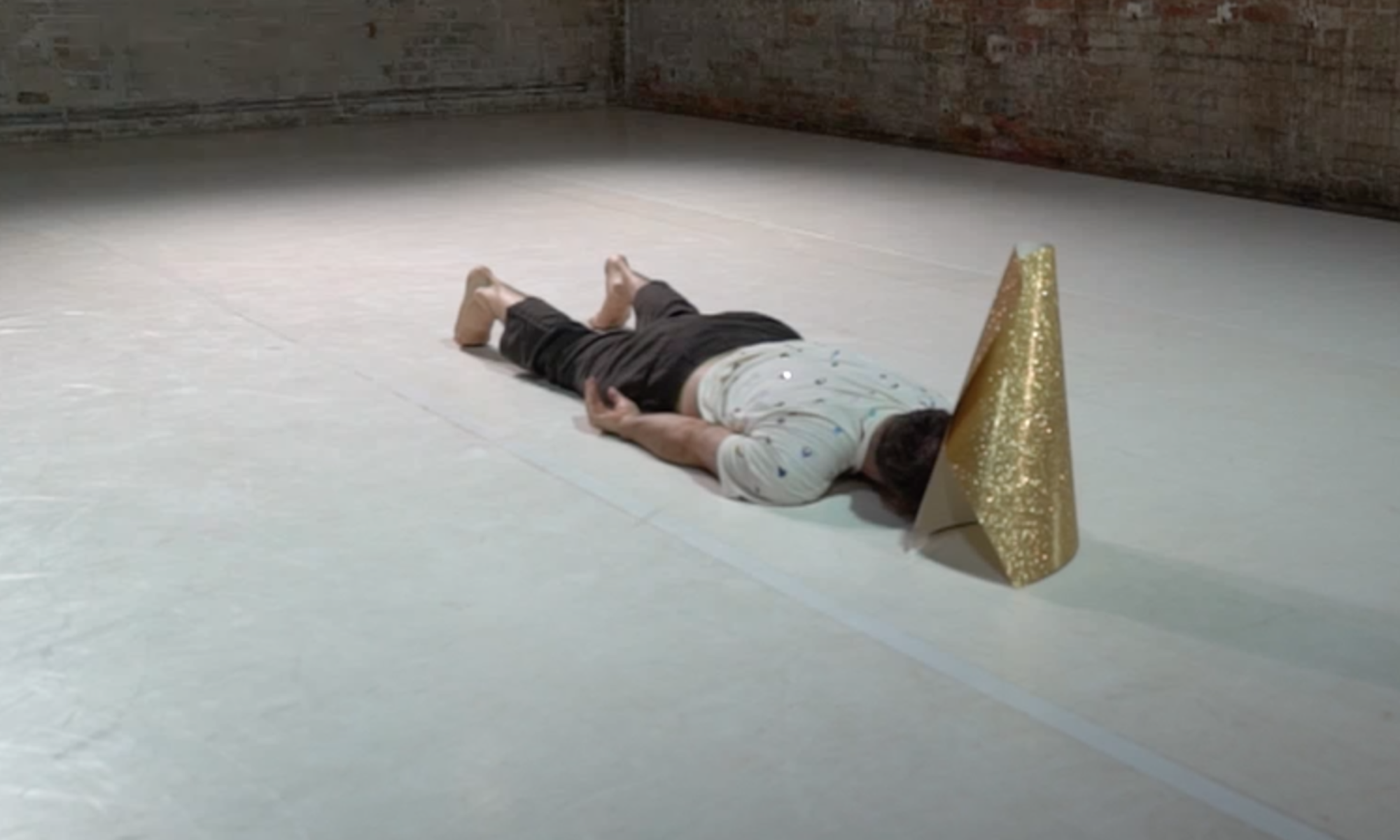Is a performance an artistic event or an organization event? Both, but…and there is always a but…after the initial creation of the artistic event all that is left is the organizational event. Following this line of thought, could we then say that famous touring artists are not necessarily successful artists, but products of successful organizers?
The artistic feats of Cafe Müller, Glacial Decoy or Content with Content (to put myself in lofty company) happened but once, the initial birthing of them. But every other iteration of them is an organizational feat, not an artistic feat.
After taking a workshop here in Berlin about funding bodies and grant, and hearing about another workshop about international touring and funding, I began to wonder about organizing and creating. Creating something is definitely more fun than organizing something that is already. And as we all have a finite amount of time on this earth we can only do so much. Is it an either or situation? Do I have to pick one or the other? Or can I do both? It as of now has to be me doing both as no one is organizing for me. Haven’t sparked the interest of an agent or a funder to do that part for me. And I do not have the natural tendency to organize.
The creating of a piece has to come first, no? Not necessarily. One can apply to make a piece and then the funds to make it. But then should one wait to make a piece until the funds are there? I say no.
Often after I make a piece and perform it a few times, I lose interest in revisiting that idea or experience again. That road has been traveled and I do not want to travel down that path again. This lack of interest in repetition prevents me from creating situations(applying to festivals, etc.) to show my work multiple times. I would rather spend the time, money, energy investigating something new, making something new. At least when I make it I know that I will have some measure of success. By making something I do not necessarily mean a whole production with lights camera action and audience. But thinking and encorporealizing it for myself. Exploring those neural pathways.
Maybe then, moving to Marfa and building a studio will be a viable option for me.
Make, make, make. Let the organizers sort them out!
(or maybe this is all just rationalization for someone who can’t organize!)
